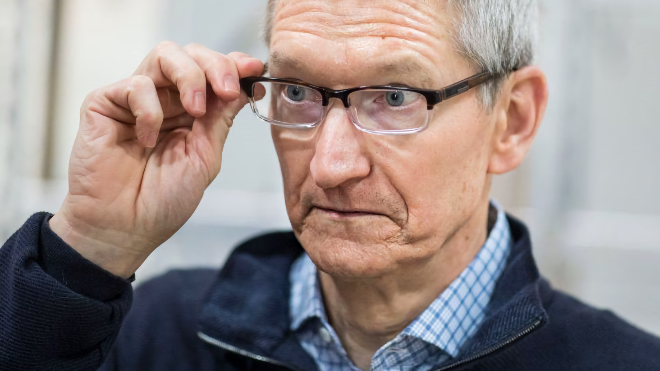Macdailynews
2M
189

Image Credit: Macdailynews
Apple’s China detox is long overdue
- Apple's significant success has been tied to its supply chain in China, fostered by companies like Foxconn since the mid-1990s.
- The partnership with local companies enabled Apple to diversify suppliers and enhance bargaining power, but also led to a transfer of manufacturing know-how in China.
- Despite increasing political risks, Apple expanded operations in China under Tim Cook's leadership, which may now prove unsustainable.
- Criticism surrounds Cook's $275 billion deal with the CCP, signed in 2016, that tied Apple's fate closely to China.
- Analysts suggest it could take years for Apple to reduce reliance on China, highlighting the need to diversify production locations.
- Concerns about operational risks and geopolitical tensions in China point to a dilemma that Cook must address for Apple's future growth and stability.
- Calls for a strategic plan from Cook to navigate Apple's entanglement in China and diversify production sources have intensified.
- The article advocates for accelerating the move of production out of China to mitigate risks associated with overreliance on a single country.
- Suggestions of diversifying assembly outside of China emphasize the importance of reducing vulnerability by spreading production globally.
- Apple's expansion into new markets like India and exploration of innovative technologies showcase a potential path for future growth and sustainability.
Read Full Article
11 Likes
For uninterrupted reading, download the app